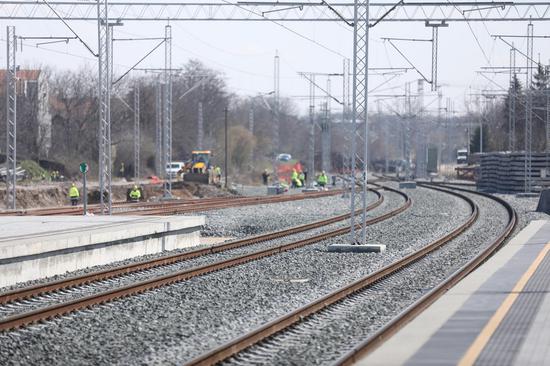
Photo taken on March 25, 2021 shows the construction site of the Belgrade-Budapest high-speed railway in Belgrade, Serbia. (Xinhua/Wang Wei)
Construction began on a new section of the Belgrade-Budapest railway in Serbia at a ceremony on Monday. Attended by Serbian President Aleksandar Vucic, Hungarian Minister of Foreign Affairs and Trade Peter Szijjarto, and Chinese Ambassador to Serbia Chen Bo, the ceremony took place in Novi Sad, Serbia.
Works on the 108-kilometer-section of the high-speed railway which runs from Novi Sad to the Kelebija border crossing in North Serbia, were launched with a push of a button by Vucic, Szijjarto, Chen Bo, and a representative of the Chinese consortium. This section of railway will include underpasses, overpasses and other infrastructure.
Speaking at the ceremony, Vucic highlighted the importance of the railway for the future development of Serbia, and praised friendly ties with both China and Hungary.
"We will enjoy this, and it will bring benefits both through construction and through higher salaries and pensions, a higher standard of living, and a better future for our children," he said.
The Serbian part of the railway will be completed in three years, Vucic said, while Szijarto announced that the Hungarian section of the railway, which is 167 kilometers long, should be finished before 2025.
The Belgrade-Budapest railway, which totals 350 kilometers long, will enable people and goods to travel between the capitals of Serbia and Hungary in around two hours, explained Vucic.
Meanwhile, Szijarto emphasized that Hungary and Serbia are both looking forward to their cooperation with China, as they believe it will help raise standards of living in their country.
In a speech through a video link, deputy head of China's National Development and Reform Commission (NDRC) Ning Jizhe congratulated both countries on their progress in the construction of the Belgrade-Budapest railway. \
He said it was "a flagship project of the cooperation between China and Central and East European countries (CEEC), and an important part of the European transport corridor and the China-Europe Land and Sea Express Route."
"This is of great significance to the Belt and Road Initiative and its coordination with European development strategies," Ning said. "Building the Serbia-Hungary railway will bring benefit to China, Serbia, and Hungary, to all CEE countries, and the whole of Europe."
Once the section currently under construction is completed, the whole Serbian part of the railway will be operational for speeds of up to 160 kilometers per hour.









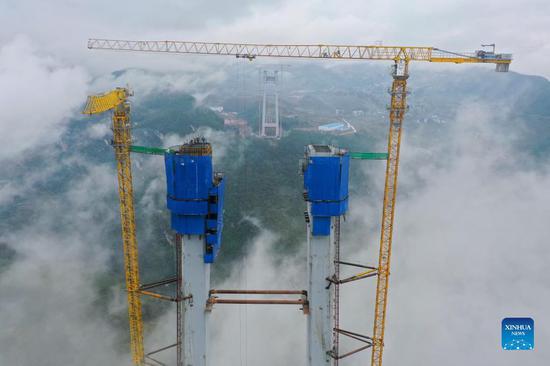


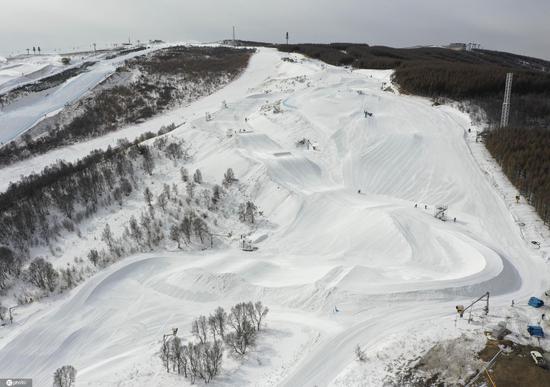
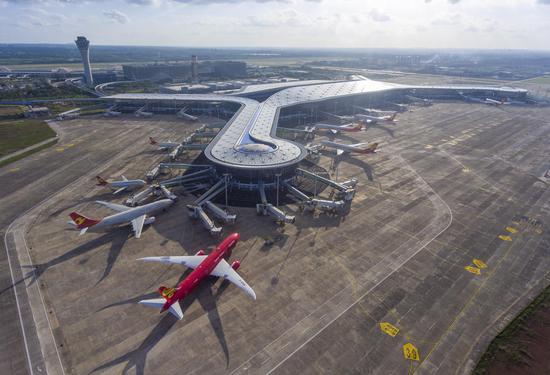










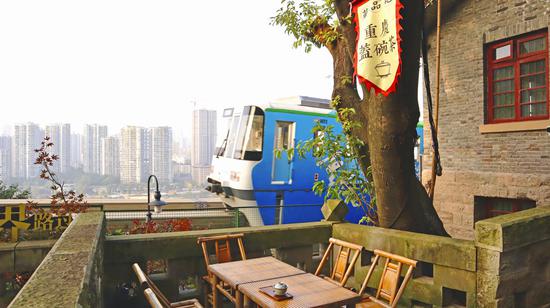





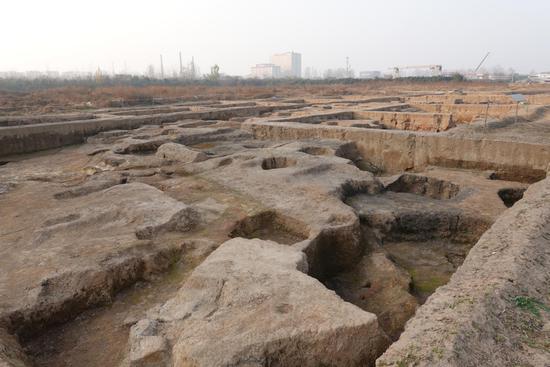






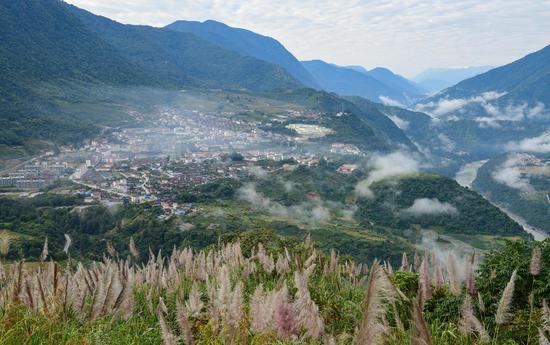
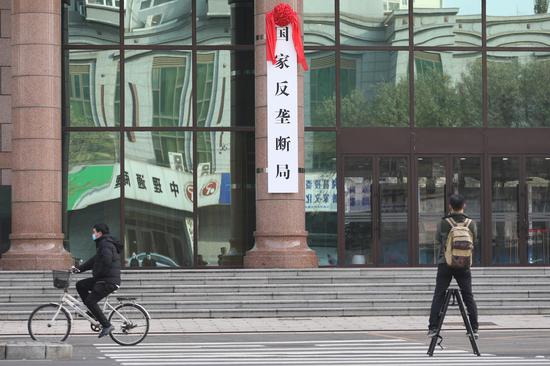


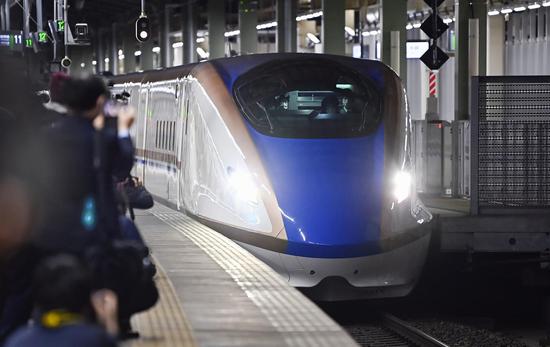








 京公网安备 11010202009201号
京公网安备 11010202009201号